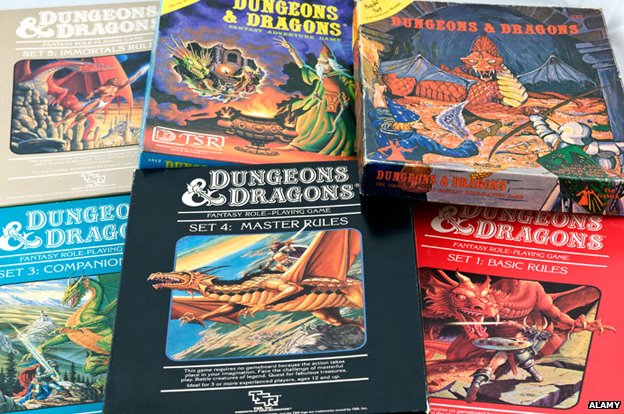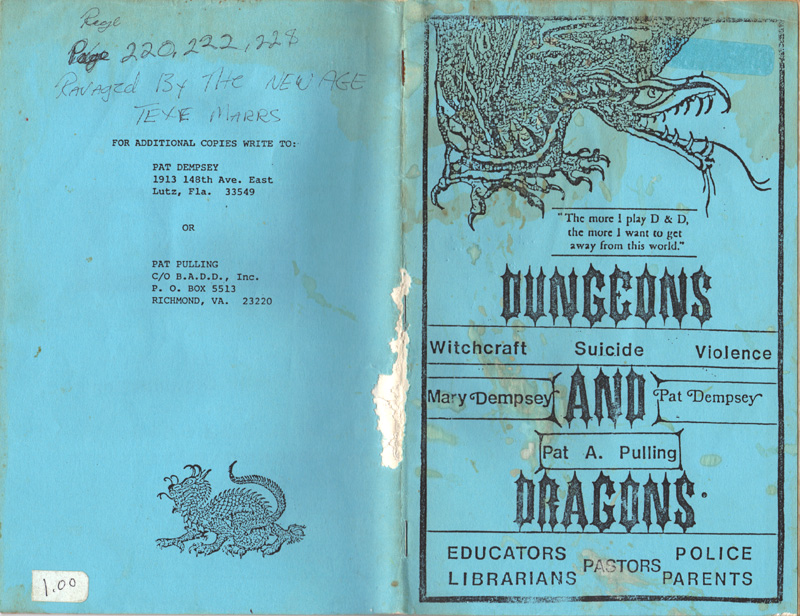In the Edinburgh Reporter, Rosemary Kaye gives us a quick introduction to “the Laundry” and how the next book in the series gets underway:
Bob is a civil servant. Not any old civil servant though: Bob works for The Laundry, a secret department set up to protect the population from occult powers. In a Google-esque attempt to raise morale he and his colleagues have been told to devote 10% of their time to following their own ‘creative, innovative research ideas’ – but they’re far too busy to find space in their working days to regain their va-va-voom, so they have to develop their projects at night.
One night Bob returns to his office to find a colleague, Andy, conducting a ‘hello spirit world’ experiment. He’s intending to summon a demon, a ‘class one manifestation’, but whatever he’s called up, it’s not that. Everything is feeling rather cold. Bob drags Andy from the room and shuts the door, but soon realises that;
‘elephant size termites appear to be chewing on the edges of reality.’
Andy has used his own code instead of the regulation issue;
‘there’s nothing worse than an IT manager who’s getting creative…’
Bob’s boss Angleton is soon on the scene; an old school presence ‘as chilly and powerful as the thing behind the door’, he instructs Bob to call the Night Watch. The Night Watch appears ‘in classic Bela Lugosi style’, its members being zombies or, as the civil service now requires them to be designed, ‘Residual Human Resources.’ It becomes clear to a horrified Bob that Angleton’s intention is to send one of them into the room;
‘I’ve gotten used to dealing with the metabolically challenged, but …….you can’t just go using the Night Watch as meat probes’
Bob sees that even the zombies are uneasy about this one, but Angleton is determined. The poor zombie’s bony hand ends up frozen to the door knob, but eventually the door is opened, to reveal;
‘tentacles and lobster claws, eyes the size of my head…..total sensory overload…voices like telemarketers in hell…’
And to find out what happens next, you need to buy the book – which many of the audience already have.





